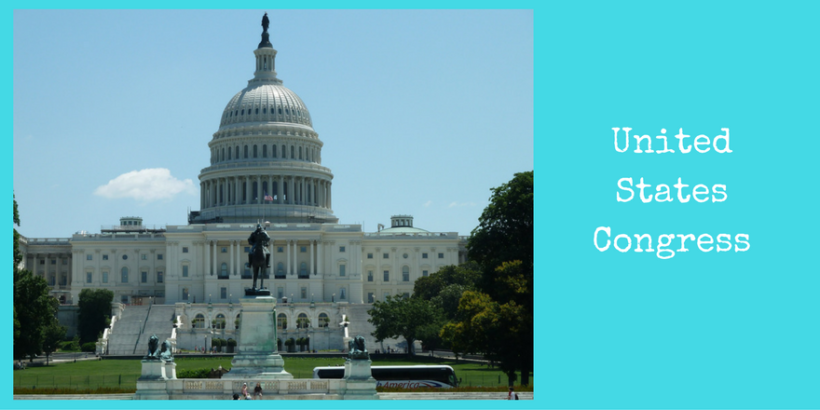United States Congress
104th Congress – S. 637
S 637 IS
Be it enacted by the Senate and House of Representatives of the United States of America in Congress assembled,
SECTION 1. SHORT TITLE.
- This Act may be cited as the `Adoption Antidiscrimination Act of 1995′.
SEC. 2. FINDINGS AND PURPOSE.
- (a) FINDINGS- Congress finds that–
- (1) nearly 500,000 children are in foster care in the United States;
- (2) tens of thousands of children in foster care are waiting for adoption;
- (3) 2 years and 8 months is the median length of time that children wait to be adopted, and minority children often wait twice as long as other children to be adopted; and
- (4) child welfare agencies should work to eliminate racial, ethnic, and national origin discrimination and bias in adoption and foster care recruitment, selection, and placement procedures.
- (b) PURPOSE- The purpose of this Act is to promote the best interests of children by–
- (1) decreasing the length of time that children wait to be adopted; and
- (2) preventing discrimination in the placement of children on the basis of race, color, or national origin.
SEC. 3. REMOVAL OF BARRIERS TO INTERRACIAL AND INTERETHNIC ADOPTIONS.
- (a) PROHIBITION- A State or other entity that receives funds from the Federal Government and is involved in adoption or foster care placements may not–
- (1) deny to any person the opportunity to become an adoptive or a foster parent, on the basis of the race, color, or national origin of the person, or of the child, involved; or
- (2) delay or deny the placement of a child for adoption or into foster care, or otherwise discriminate in making a placement decision, on the basis of the race, color, or national origin of the adoptive or foster parent, or the child, involved.
- (b) PENALTIES-
- (1) STATE VIOLATORS- A State that violates subsection (a) shall remit to the Secretary of Health and Human Services all funds that were paid to the State under part E of title IV of the Social Security Act (42 U.S.C. 670 et seq.) (relating to foster care and adoption assistance) during the period of the violation.
- (2) PRIVATE VIOLATORS- Any other entity that violates subsection (a) shall remit to the Secretary of Health and Human Services all funds that were paid to the entity during the period of the violation by a State from funds provided under part E of title IV of the Social Security Act.
- (c) PRIVATE CAUSE OF ACTION-
- (1) IN GENERAL- Any individual or class of individuals aggrieved by a violation of subsection (a) by a State or other entity may bring an action seeking relief in any United States district court or State court of appropriate jurisdiction.
- (2) STATUTE OF LIMITATIONS- An action under this subsection may not be brought more than 2 years after the date the alleged violation occurred.
- (d) ATTORNEY’S FEES- In any action or proceeding under this Act, the court, in the discretion of the court, may allow the prevailing party, other than the United States, a reasonable attorney’s fee, including litigation expenses and costs, and the States and the United States shall be liable for the fee to the same extent as a private individual.
- (e) STATE IMMUNITY- A State shall not be immune under the 11th amendment to the Constitution from an action in Federal or State court of appropriate jurisdiction for a violation of this Act.
- (f) NO EFFECT ON INDIAN CHILD WELFARE ACT OF 1978- Nothing in this Act shall be construed to affect the application of the Indian Child Welfare Act of 1978 (25 U.S.C. 1901 et seq.).
SEC. 4. REPEAL.
- Subpart 1 of part E of title V of the Improving America’s Schools Act of 1994 (42 U.S.C. 5115a) is amended–
- (1) by repealing sections 551 through 553; and
- (2) by redesignating section 554 as section 551.
SEC. 5. EFFECTIVE DATE.
- This Act, and the amendments made by this Act, shall take effect 90 days after the date of enactment of this Act.
END

